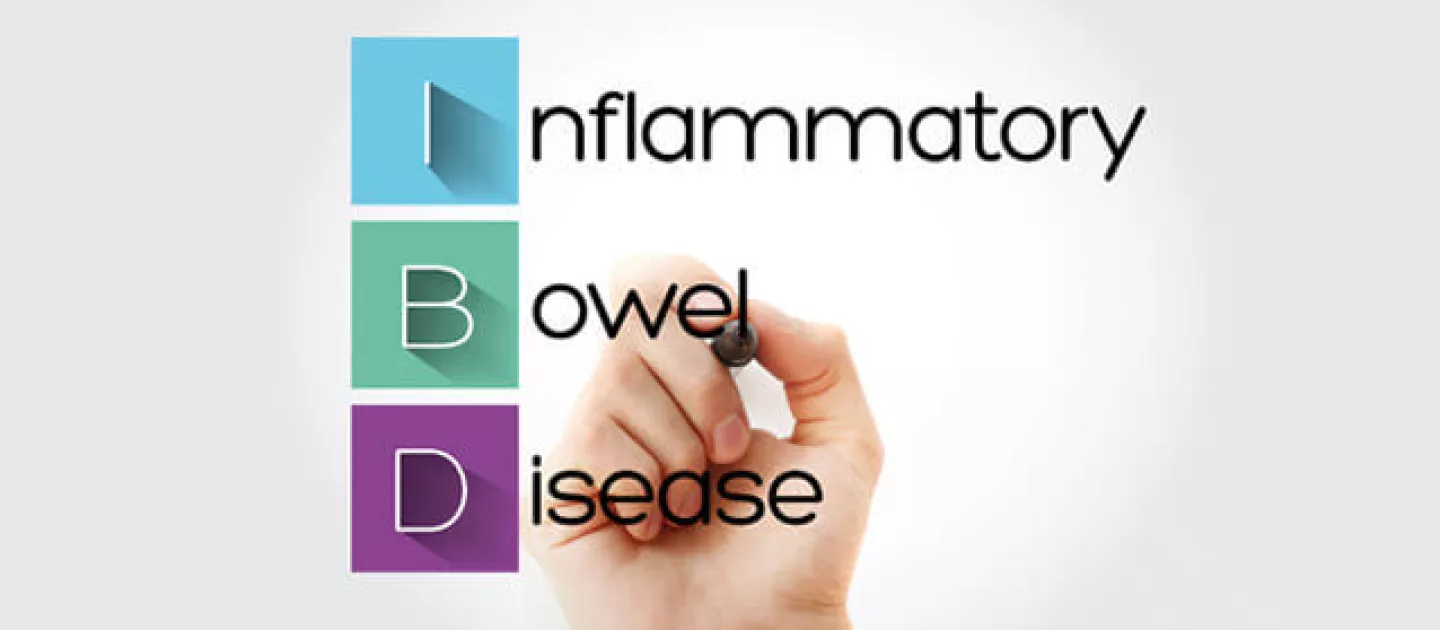For people living with Inflammatory Bowel Disease (IBD), trying to find the right combination of medications and treatments that provide relief may leave them feeling frustrated, hopeless and that managing it is never-ending. Although today’s available treatments and medications have come a long way, there is still a lot of room for improvement and research to be done. In an ongoing effort to help find relief for people suffering from IBD, researchers are turning to the stem cells found in umbilical cord tissue.
What does it mean to have IBD?
IBD is caused by the immune system responding incorrectly to environmental triggers, which causes inflammation of the gastrointestinal tract.1 Chronic inflammation causes damage to the gastrointestinal tract affecting its ability to function correctly. Depending on the location and nature of the inflammation, IBD is categorized either as Crohn’s Disease or Ulcerative Colitis.
IBD is a debilitating, life-long disorder that can be treated, but not cured. About 1.6 million Americans have IBD, and with as many as 70,000 new cases being diagnosed each year, it’s important to support the research needed to find a cure or better treatments with less side-effects.2
Targeting IBD with Cord Tissue Stem Cells
For years, cord blood stem cells have been used to treat nearly 80 diseases including cancers, blood disorders, and genetic diseases. The clinical use of cord tissue stem cells, which are known as mesenchymal stem cells (MSCs), is still being explored but research is seeing potential for conditions affecting cartilage, muscle and nerve cells.
There is also a large body of work that supports the role of mesenchymal stem cells derived from cord tissue in modulating the immune system, responding to inflammation and enabling the repair of damaged tissue.3 It is these properties that are being investigated to see if they can regenerate damage in the intestine and restore its functionality by minimizing inflammation and the resulting damage.
Studying the effect of Cord Tissue Stem Cells in IBD
In an ongoing effort to determine if cord tissue stem cells can be effective in treating IBD, infusions were given to mice that had IBD in this recent study.
The study identified multiple ways that the administration of stem cells from cord tissue resulted in a reduction of inflammation and damage to the intestine. The presence of the stem cells was correlated with cellular processes that reduced inflammation of the intestinal wall, decreased cell destruction of the intestinal wall and increased the microvasculature, which increases blood flow and facilitates repair of damaged intestine.3
Understanding how cord tissue stem cells function in the treatment of IBD in the animal model is important in moving forward with human clinical research. There are many other variables being explored such as the best way to get cord tissue stem cells to the target area, how many and how often they need to be applied to see a clinically meaningful effect.
There is a growing amount of cord tissue stem cell work being accumulated, specifically in how these cells impact the immune system and inflammation. Seeing how stem cells can target these areas in IBD is a great target indication, but the possibility of other indications can be far greater. The more we understand how cord tissue stem cells affect inflammation, the more these principles can be explored in other disease states also rooted in immune dysfunction.
Learn more about cord tissue stem cells research.
Disclaimer:
Banking cord blood does not guarantee that treatment will work, and only a doctor can determine when it can be used. PerkinElmer does not endorse or make recommendations with respect to research, medication, or treatments. All information presented is for informational purposes only and is not intended as medical advice.
References:
1. “Inflammatory Bowel Disease (IBD).” Mayo Clinic, Mayo Foundation for Medical Education and Research, 24 Dec. 2019, www.mayoclinic.org/diseases-conditions/inflammatory-bowel-disease/symptoms-causes/syc-20353315
2. “What Is IBD?” Crohn’s & Colitis Foundation, www.crohnscolitisfoundation.org/what-is-ibd
3. Pan, Xing-hua, et al. “Mechanism and Therapeutic Effect of Umbilical Cord Mesenchymal Stem Cells in Inflammatory Bowel Disease.” Nature News, Nature Publishing Group, 27 Nov. 2019, www.nature.com/articles/s41598-019-54194-y#Sec14?utm_source=blog&utm_medium=website&utm_campaign=ctibdresearch&utm_content=recentstudy











